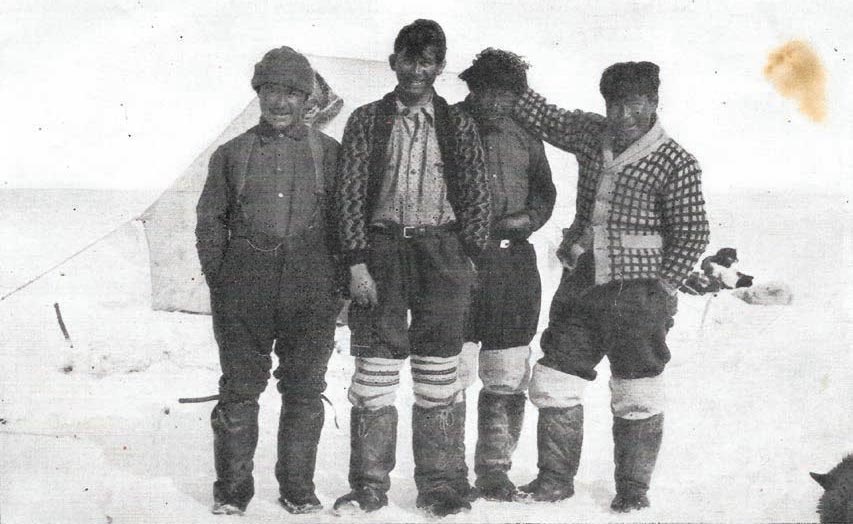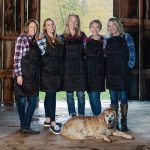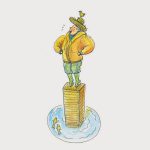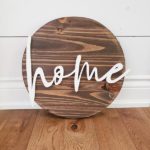

FOR DECADES, J. DAVID FORD’S pencil-written notes lay long forgotten and covered in dust. Marnie Bickle discovered them in the attic of the small white cottage her husband inherited, just north of Port Hope in Canton. The notes chronicle David’s semi-nomadic northern life – a life filled with enthralling adventure, suspense and discovery. Half Inuit, David’s ancestors migrated from England in the 1800s and settled in Nain, Labrador. They moved throughout the east Arctic, living alongside the Inuit and trapping for the Hudson’s Bay Company.
David’s northern stories frame an era and a way of life in the 1920s and ’30s before Ski-Doos and supply planes. They tell tales of whale hunts, perilous journeys and of survival. Along with the manuscripts were David’s letters written during WWII to the woman he eventually married. The couple corresponded for four years via a program in Port Hope that had young women write to unmarried soldiers. After the war, they married and built their cottage in the Northumberland Hills, a culture in stark contrast to David’s Arctic home and one in which he struggled to settle. Within the local community, David was regarded as a teller of tall tales but, according to Marnie Bickle, who edited and published Native Born Son, “…he was someone people should have listened to… He was an explorer of life…”
Story by:
Elizabeth Palermo




